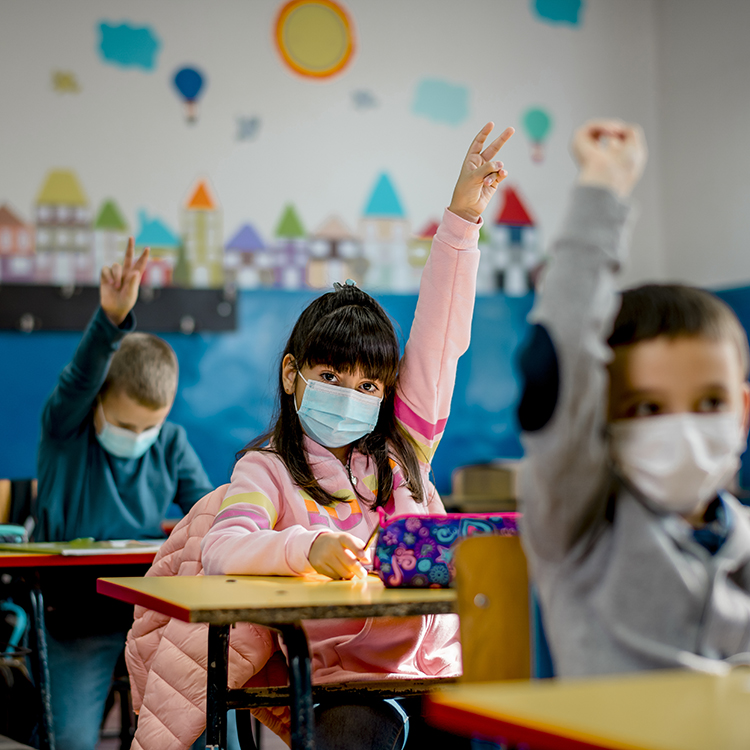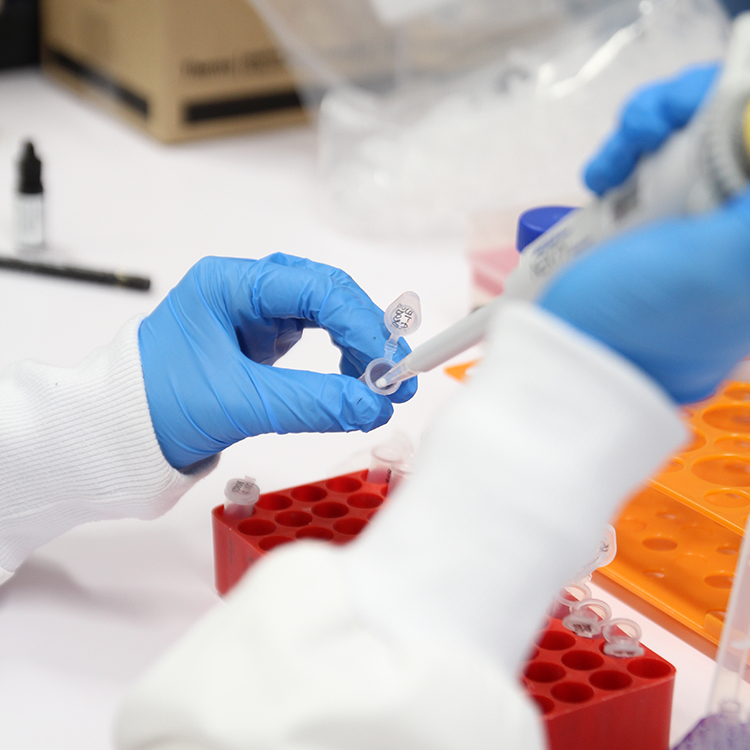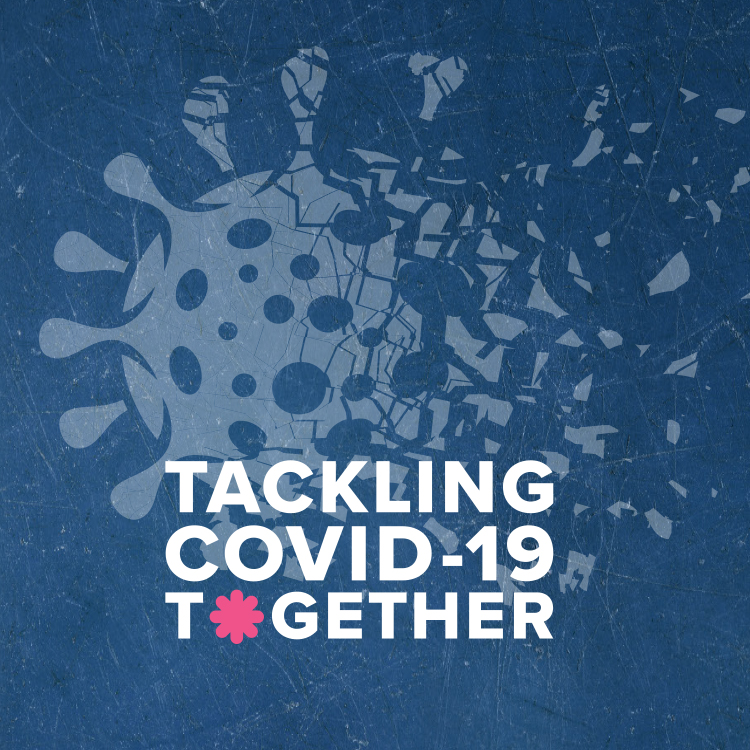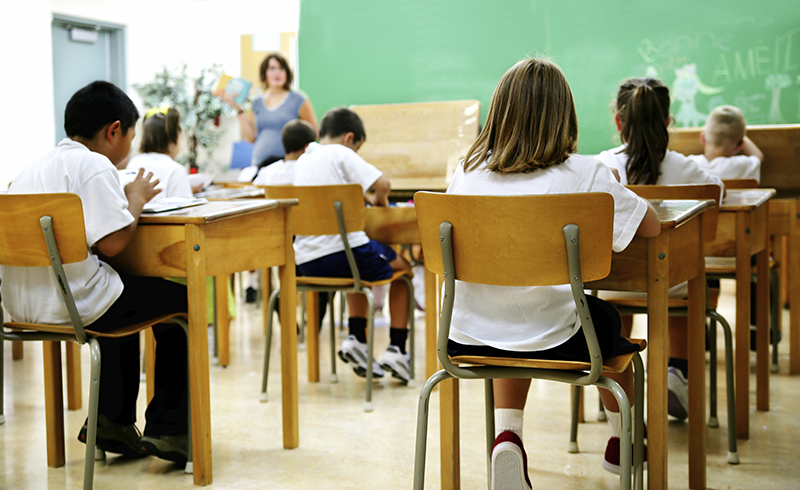Search

News & Events
Screen ORIGINS study finds mobile devices a lifeline for families during lockdownsA study of ORIGINS families has revealed a positive aspect to the COVID pandemic, with families found to benefit from the extra time together during lockdowns and mobile devices proving useful for helping them stay in touch with extended family and friends and for activities such as online classes.

With the number of COVID-19 infections in Western Australia continuing to grow – including confirmed cases in children – The Kids Research Institute Australia understands that our community is growing increasingly worried.

Thanks to 30 years of support from the WA community, The Kids Research Institute Australia is home to some of the world’s best researchers.

Research save lives and contains the spread of COVID-19.
Research
Real world effectiveness of early ensitrelvir treatment in patients with SARS-CoV-2, a retrospective case seriesEnsitrelvir, a 3C-like protease inhibitor, received emergency approval in Japan in November 2022 for treating non-hospitalized patients with mild-to-moderate COVID-19. However, confirmation of its real-world clinical effectiveness is limited.
Research
Antecedent and persistent symptoms in COVID-19 and other respiratory illnesses: Insights from prospectively collected data in the BRACE trialSome individuals have a persistence of symptoms following both COVID-19 (post-acute COVID-19 syndrome; PACS) and other viral infections. This study used prospectively collected data from an international trial to compare symptoms following COVID-19 and non-COVID-19 respiratory illness, to identify factors associated with the risk of PACS, and to explore symptom patterns before and after COVID-19 and non-COVID-19 respiratory illnesses.
Research
Bringing optimised COVID-19 vaccine schedules to immunocompromised populations (BOOST-IC): study protocol for an adaptive randomised controlled clinical trialImmunocompromised hosts experience more breakthrough infections and worse clinical outcomes following infection with COVID-19 than immunocompetent people. Prophylactic monoclonal antibody therapies can be challenging to access, and escape variants emerge rapidly. Immunity conferred through vaccination remains a central prevention strategy for COVID-19.

News & Events
Assessing COVID-19 Across Western Australian SchoolsWestern Australia has been highly successful at containing community spread of COVID-19 to date.
Research
Estimating measures to reduce the transmission of SARS-CoV-2 in Australia to guide a ‘National Plan’ to reopeningThe availability of COVID-19 vaccines promised a reduction in the severity of disease and relief from the strict public health and social measures (PHSMs) imposed in many countries to limit spread and burden of COVID-19. We were asked to define vaccine coverage thresholds for Australia's transition to easing restrictions and reopening international borders.
Research
Defining the pediatric response to SARS-CoV-2 variantsThe global population has been severely affected by the coronavirus disease 2019 (COVID-19) pandemic, however, with older age identified as a risk factor, children have been underprioritized. This article discusses the factors contributing to the less severe response observed in children following infection with severe acute respiratory syndrome coronavirus 2 (SARS-CoV-2), including, differing viral entry receptor expression and immune responses.
